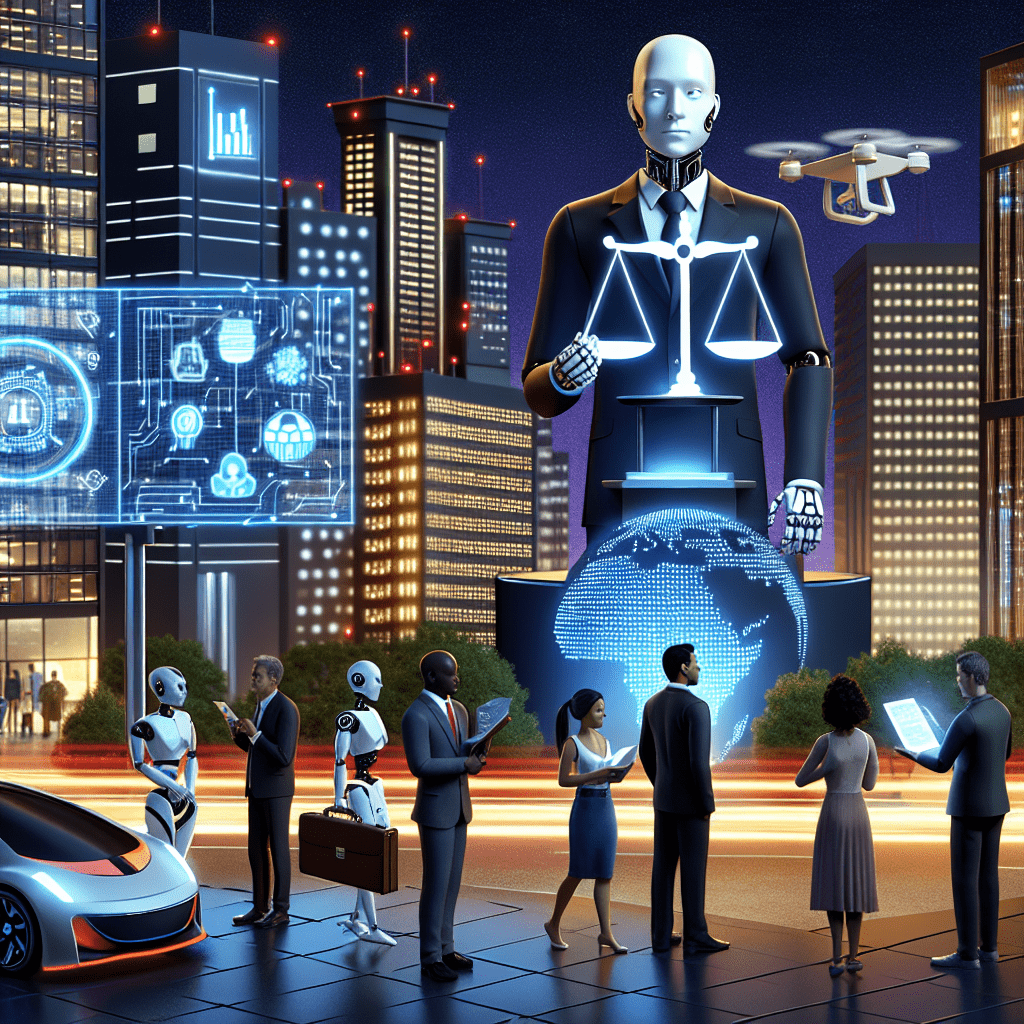In recent years, the rapid advancement of artificial intelligence (AI) technology has sparked a range of discussions around its impact on society. From increased automation in industries to ethical dilemmas surrounding AI decision-making, the implications of this technology are far-reaching and complex. In this article, we will explore the various ways in which AI is shaping our society, from the workplace to our personal lives.
The Rise of Automation
One of the most prominent impacts of AI on society is the rise of automation in various industries. AI-powered robots and machines are now capable of performing tasks that were once reserved for humans, such as manufacturing, customer service, and even driving. While this has led to increased efficiency and productivity in many sectors, it has also raised concerns about job displacement and the future of work.
As more jobs become automated, workers fear that they will be replaced by machines and left without employment. This has sparked debates about the need for retraining programs and policies to support workers in transitioning to new roles that require more creative and complex skills. Additionally, there are ethical considerations surrounding the use of AI in decision-making processes, such as hiring and promotion practices, which could perpetuate biases and inequalities.
The Ethical Dilemma
Another major concern surrounding the impact of AI on society is the ethical dilemma posed by the technology. As AI systems become more advanced and autonomous, they are increasingly making decisions that have significant implications for individuals and society as a whole. For example, AI algorithms are used in criminal justice systems to predict recidivism rates and determine sentencing, raising questions about fairness and accountability.
Furthermore, there are concerns about the potential misuse of AI for malicious purposes, such as surveillance, cyber attacks, and misinformation campaigns. As AI continues to evolve, it is essential that we establish ethical guidelines and regulations to ensure that the technology is used responsibly and in the best interests of society.
The Impact on Society
Overall, the impact of AI on society is multifaceted and ongoing. While the technology has the potential to revolutionize industries and improve our quality of life, it also presents challenges and risks that must be addressed. As we continue to develop AI systems, it is crucial that we prioritize ethical considerations and engage in thoughtful discussions about the implications of this technology on our society.
Conclusion
In conclusion, the impact of AI on society is profound and complex, with both positive and negative implications. From increased automation in industries to ethical dilemmas surrounding decision-making, AI is shaping the way we live and work. As we navigate this rapidly evolving landscape, it is essential that we approach AI development with a critical eye and prioritize ethical considerations to ensure that the technology benefits society as a whole.
FAQs
What are the key ethical considerations surrounding AI?
Some key ethical considerations surrounding AI include biases in algorithms, privacy concerns, and the potential for misuse of the technology for malicious purposes.
How is AI impacting job markets?
AI is impacting job markets by automating tasks previously performed by humans, leading to concerns about job displacement and the need for retraining programs.
What steps can be taken to address the ethical dilemmas posed by AI?
Steps that can be taken to address ethical dilemmas posed by AI include establishing ethical guidelines and regulations, promoting transparency and accountability in decision-making processes, and engaging in dialogue with stakeholders to ensure that the technology is used responsibly.
Quotes
“The development of full artificial intelligence could spell the end of the human race.” – Stephen Hawking
#Automation #Ethics #Examining #Impact #Society


